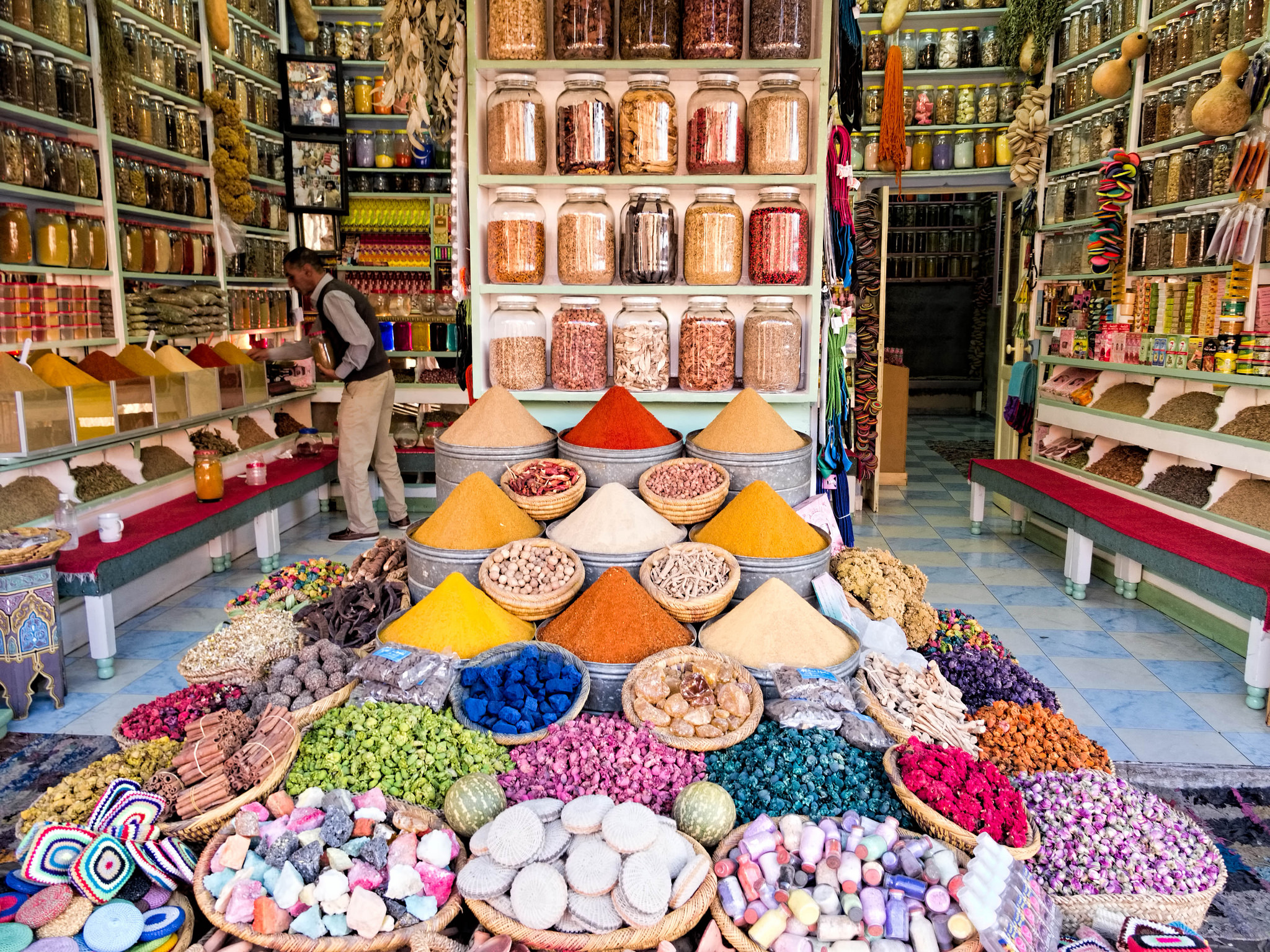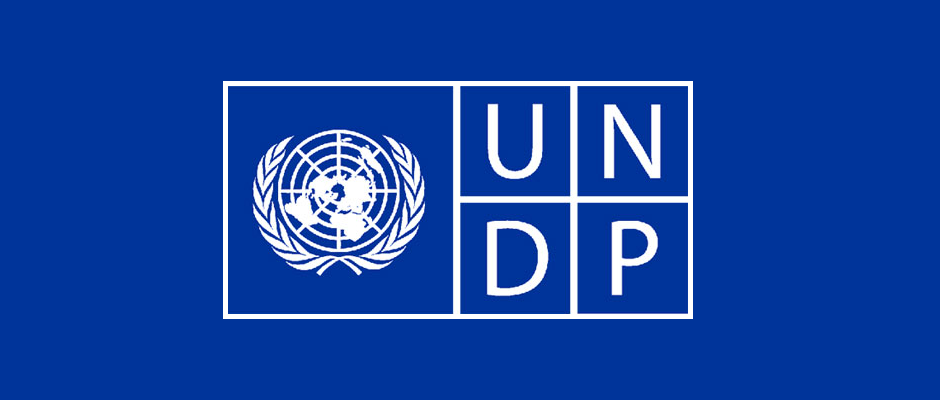
The Moroccan decentralization initiative bears great promise to achieve human development goals that are truly ‘of the people’. As turmoil engulfs so much of the MENA region, the Moroccan model stands out as a potential means of empowering and engaging citizens in peaceful, productive action to shape their futures. Through decentralization, local communities select and carry out to completion projects that will deliver the vital benefits in health, education, business creation and other areas of life they deem important. Furthermore, the Moroccan design is truly exceptional in that it rallies both national and regional level support to implement the determined schemes.
I have long been – and remain unabashedly – an admirer and supporter of Moroccan decentralization. Perhaps because of this, I am, too, acutely aware that the challenge to its realization to national scale may well be vast enough to ensure that implementation will be a multi-decades undertaking. I should like to offer some current examples of the gap between the theory and the reality, followed by some recommendations as to how to overcome the significant barriers remaining in order to achieve genuine, functioning and systemic decentralization.
Decentralization as a state of mind
Firstly, with regard to Moroccan public administrative culture, the habit of many decades of deferring to Morocco’s capital, Rabat, remains extremely difficult to overcome, even with the existence of decentralized structures. Provincial and regional directors oversee human service delivery or the protection of the environment over huge areas of the Kingdom. However, sometimes they cannot bring themselves to make an autonomous decision regarding a hectare or two of land, or the provision of authorization to expand an existing service within their jurisdiction, without asking their agency head in Rabat for approval – a clear recipe for dysfunction.
For example, the region of Marrakesh has the authority to make a decision regarding the expansion of the number of beds in a rural high school dormitory. Waiting for the stamp of approval from Rabat may well result in beds remaining unfilled for the duration of a full school year, while rural youth are turned away.
Similar delays in implementation might be avoided by agricultural extension centers, which should already have the power (together with their regional supervisors) to decide for themselves whether or not to build a fruit tree nursery to serve neighboring communities. In the north and south of Morocco, protectors of the forest and natural life may determine the most appropriate form of community engagement and implement it with immediate effect, without having to sit on their hands waiting for an answer from Rabat.
Decentralization, then, is as much a state of mind as an official directive. Even when laws and policies confer decision-making ability on regions, provinces and municipalities, it is still down to subnational officials to exercise their newly acquired ability. Otherwise, with Rabat still effectively holding sway in the official consciousness, precious time passes and opportunities for vital progress remain forlorn hopes.
Read more on High Atlas Foundation blog.
Dr. Yossef Ben-Meir is a sociologist and president of the High Atlas Foundation, a U.S.-Moroccan international development organization.



